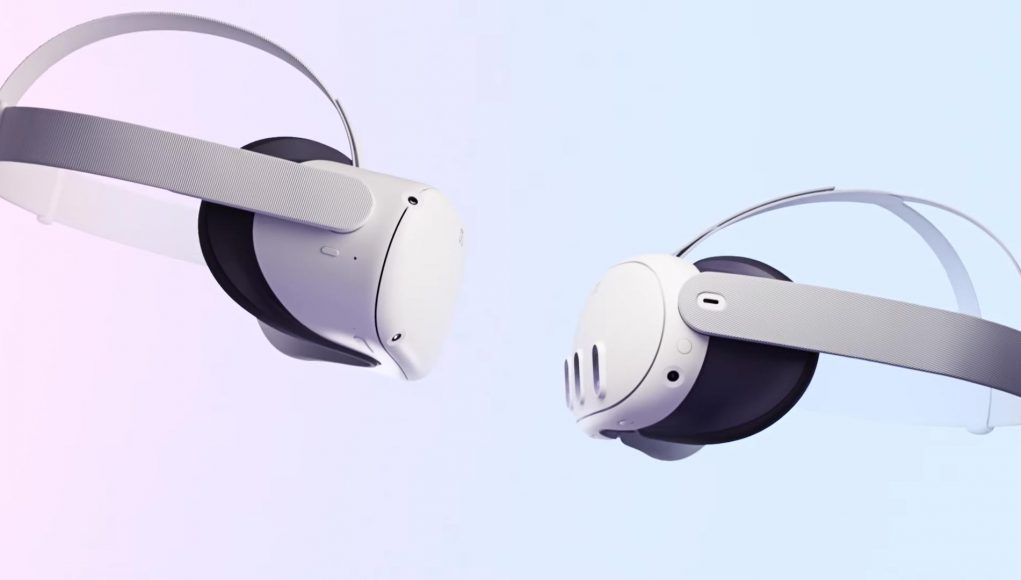With the announcement of Quest 3, Meta is dropping the price of Quest 2 starting on June 4th to make way for its new flagship headset.
The story of Quest 2’s price takes yet another turn. Let’s recap.
When the headset launched in 2020, it started with a somewhat unbelievably low price of $300 for the 64GB model, and later the company sweetened that deal even further by offering the headset with 128GB for the same price. That price point was apparently so aggressively low that Meta may even have been losing money on each headset sold, which prompted the company to raise the price of the base model last year to $400. This was purportedly in response to supply chain and inflation struggles.
But now, just about a year later, Meta has announced that it’s (re)reducing the price of Quest 2, apparently to make room for Quest 3 which will launch this Fall starting at $500. It seems likely this move is an effort to start selling off remaining Quest 2 stock, and perhaps to better differentiate Quest 2 from Quest 3.
So, starting June 4th, Quest 2 (128GB) will return to its original $300 price point, with the 256GB model priced at $350.
Even in the face of Quest 3, that remains a killer deal for the most complete standalone VR headset on the market, one that’s been very hard for other players in the space to contend with. Maybe (just maybe) another reason for this price change is to highlight the contrast between Quest 2 and the rumored $1,500–$3,000 price point of Apple’s first headset.







